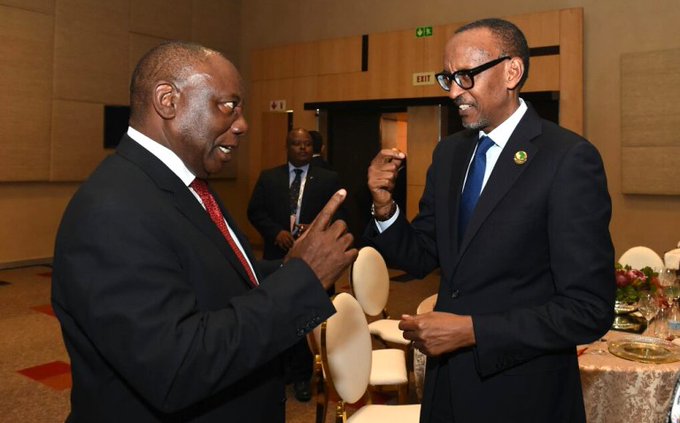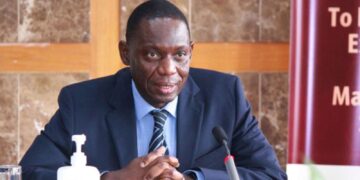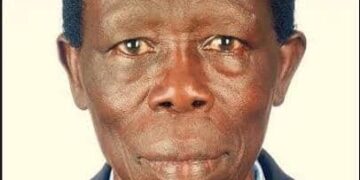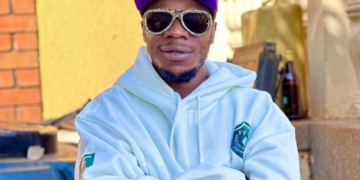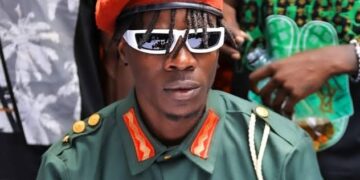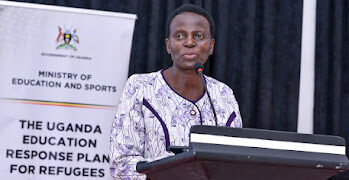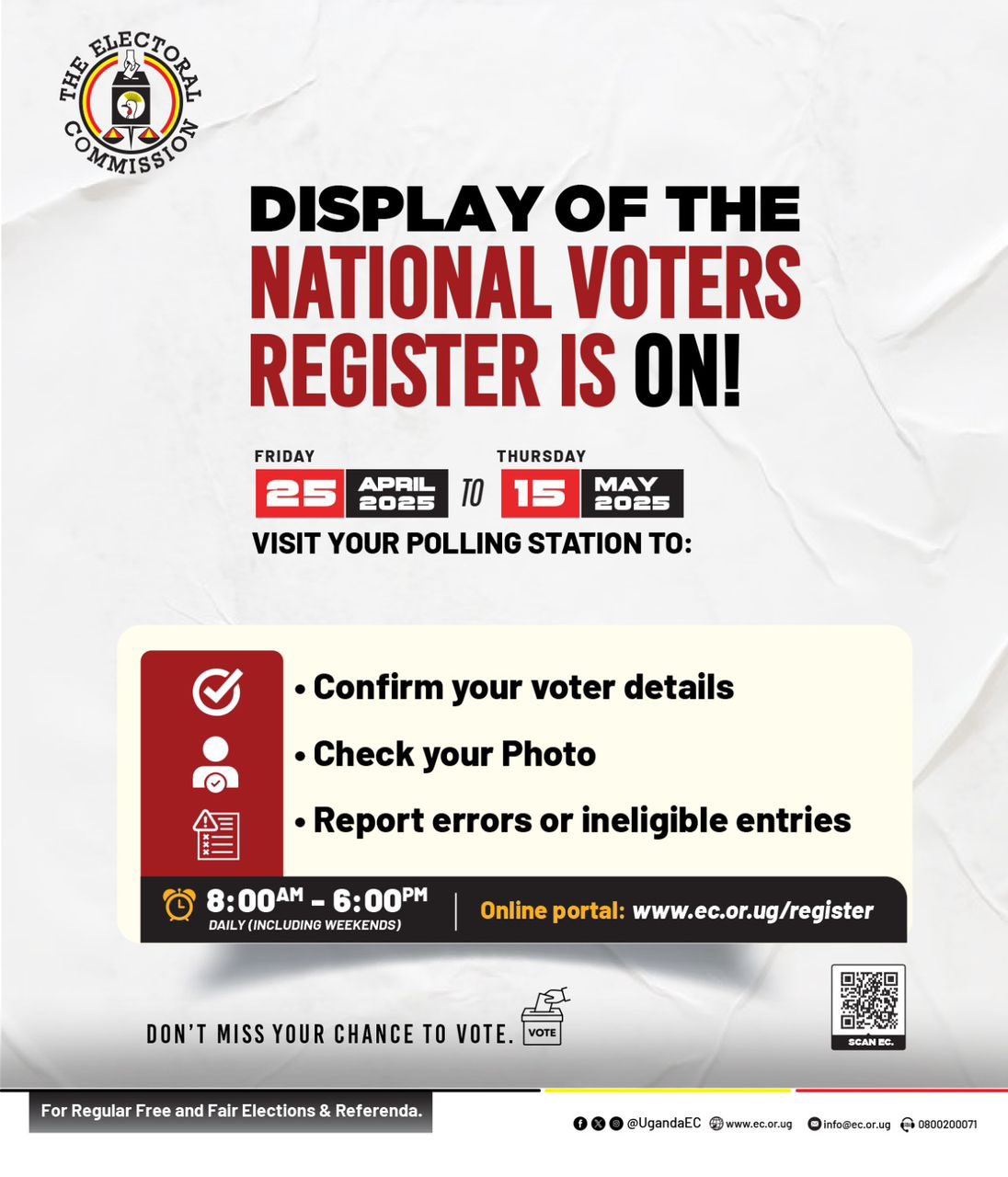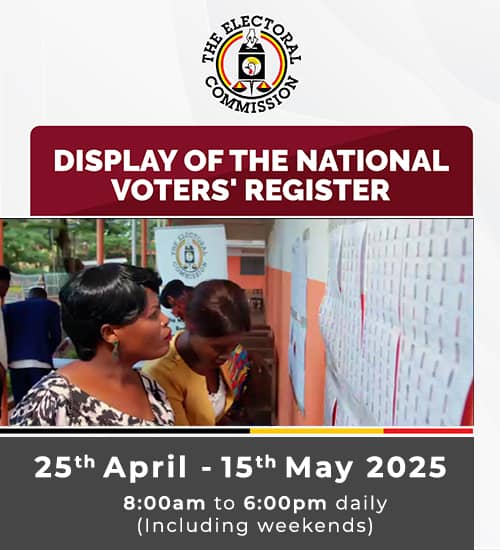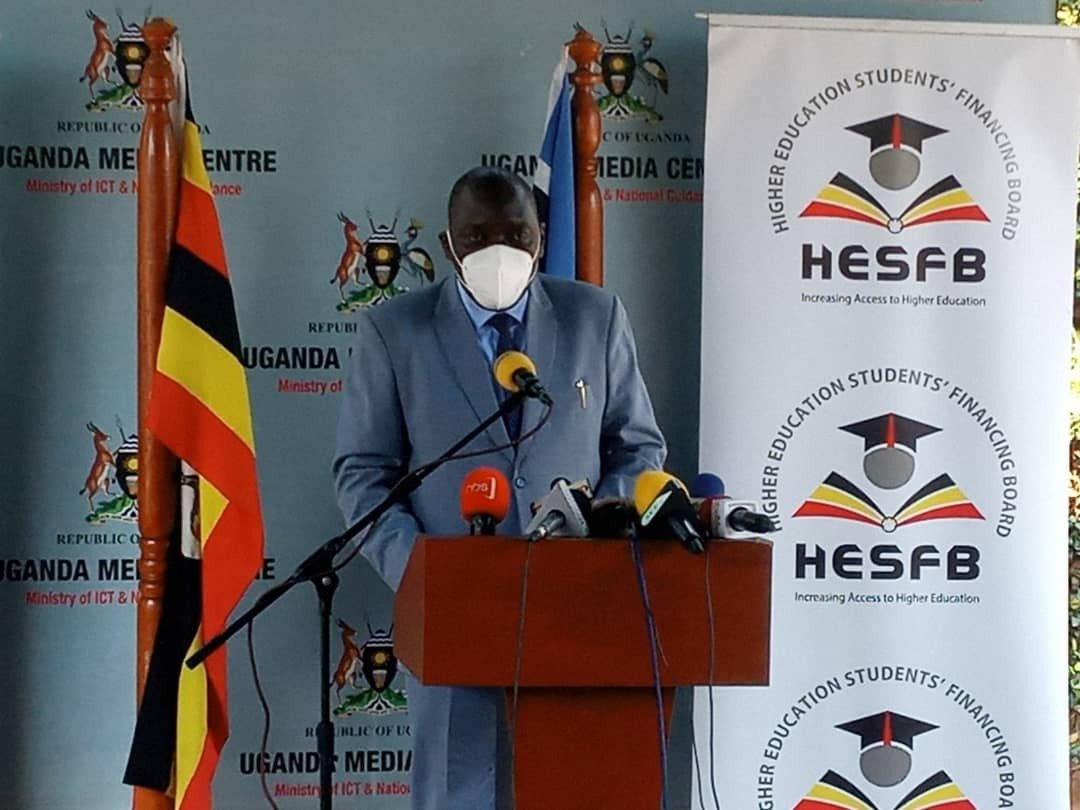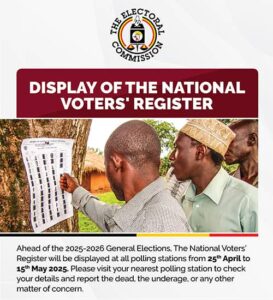South Africa has publicly expressed its displeasure about reports that President Cyril Ramaphosa’s phone was placed on a list by Rwanda to be targeted by Israeli-manufactured Pegasus spyware.
This follows an investigation published on Sunday which revealed attempted and successful hacks of smartphones belonging to journalists, government officials and human rights activists on a global scale.
New evidence uncovered by The Pegasus Project revealed that the phone numbers for Ramphosa and other 13 heads of state including French President Emmanuel Macron, Pakistan’s Imran Khan as well as hundreds of government officials, were selected as people of interest by clients of spyware company the NSO Group.
News reports say senior officials in South Africa are baffled and somewhat less outspoken, as the revelations came at a time when the two countries have been trying to restore relations.
“I don’t know whether to believe it or not,” The Africa Report quoted a senior South African government official working in foreign relations to have said.
On Wednesday, the South African government announced that it had tasked its intelligence agencies with investigating whether president Ramaphosa’s personal mobile phone was hacked.
“Of course, we will not be happy that we have been targeted because we believe that not only infringes on the privacy of the president but also infringes on the sovereignty of this country to make its own decisions without other countries trying to preempt those decisions and influence them and also try to undermine those decisions,” acting Minister in the Presidency Khumbudzo Ntshavheni told reporters.
Rwanda denies using Pegasus software describing it as false accusations and part of an “ongoing campaign to cause tensions between Rwanda and other countries, and to sow disinformation about Rwanda domestically and internationally,”
For years, relations between South Africa and Rwanda had been strained making the latest development highly suspicious.
The diplomatic spat between the two countries was triggered when Patrick Karegeya, Rwanda’s former spy boss and a critic of President Paul Kagame, was found strangled in Johannesburg hotel room in 2014.
The countries traded diplomatic expulsions in the years that followed amid accusations that Rwanda continued to target dissidents in South Africa.
Rwanda’s foreign minister Vincent Biruta met with South Africa’s foreign minister Naledi Pandor in Pretoria a month ago to set out a road map to restore relations and to cooperate on regional and international matters.
It is still early to predict what the outcomes of this new development means as it remains unclear what Rwanda hoped to achieve by digitally spying on Ramaphosa.
